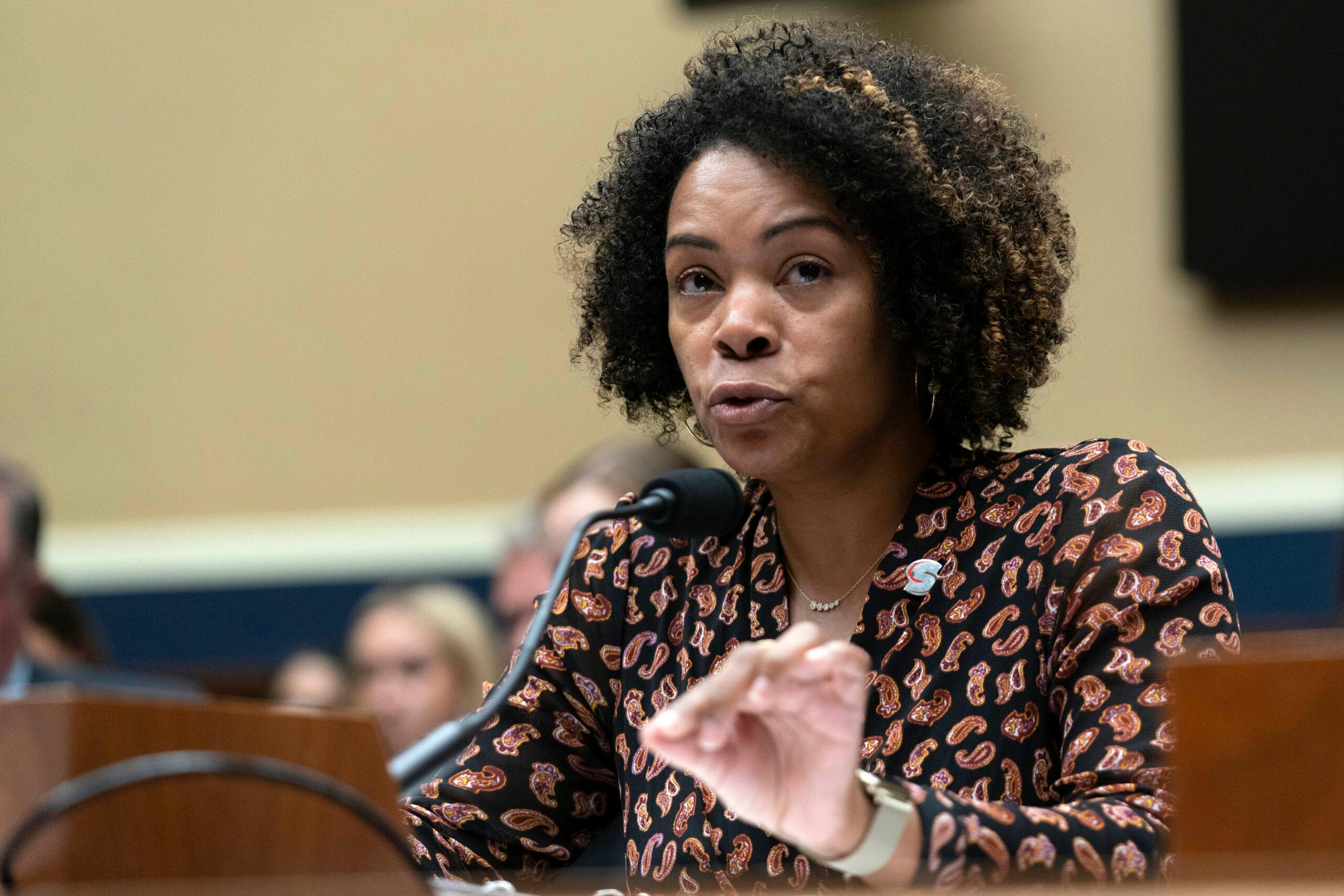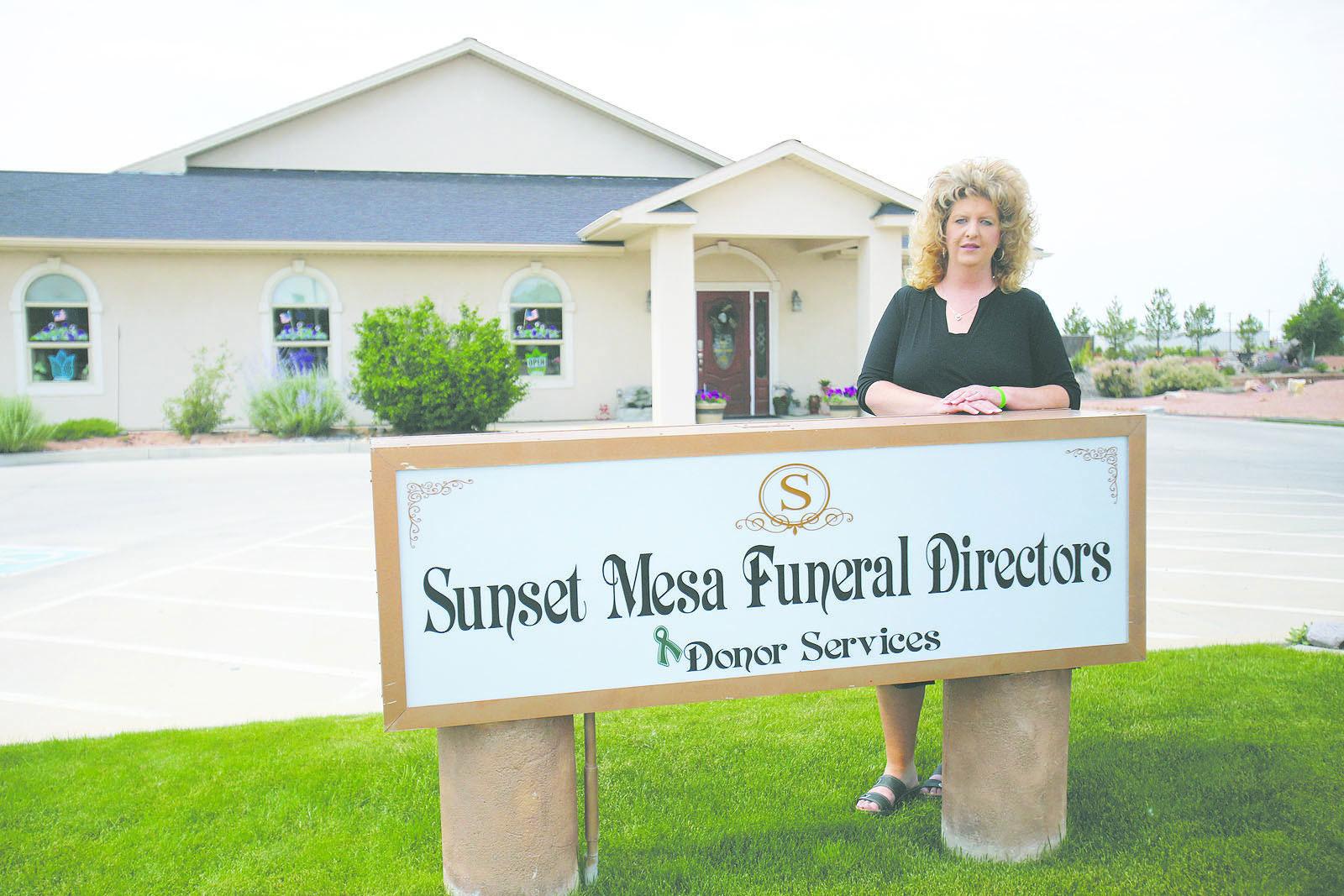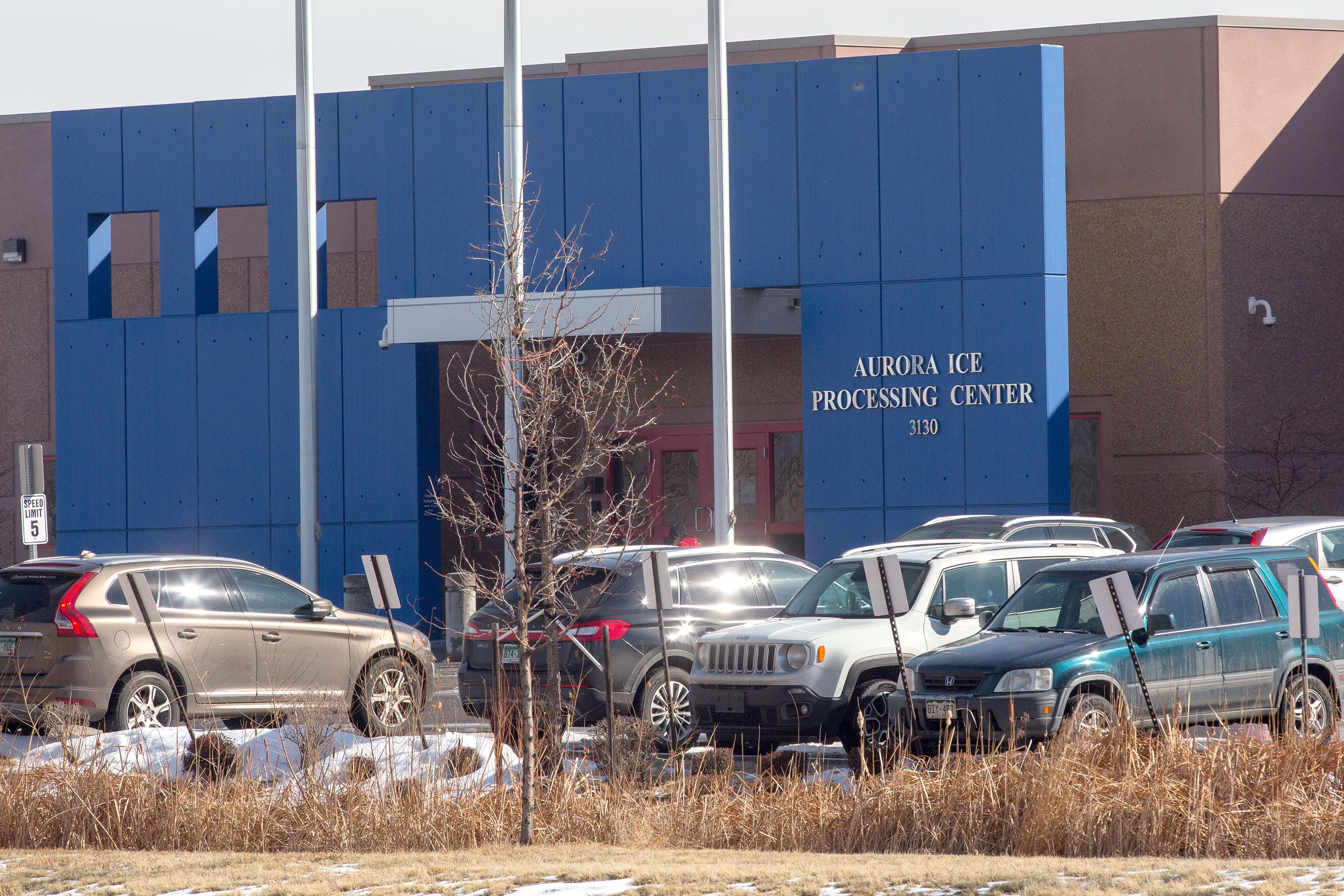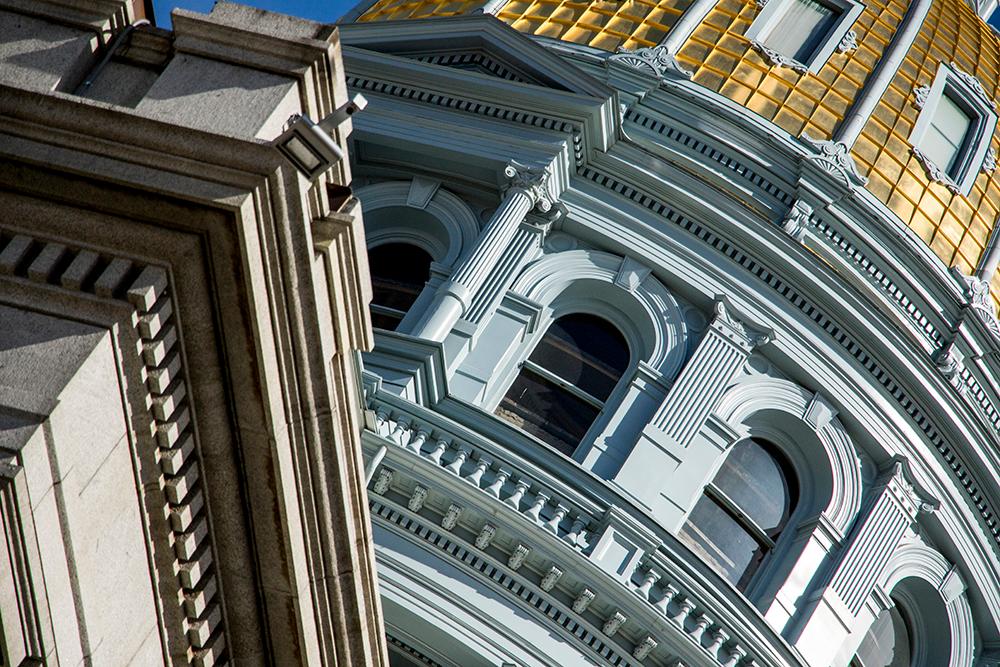
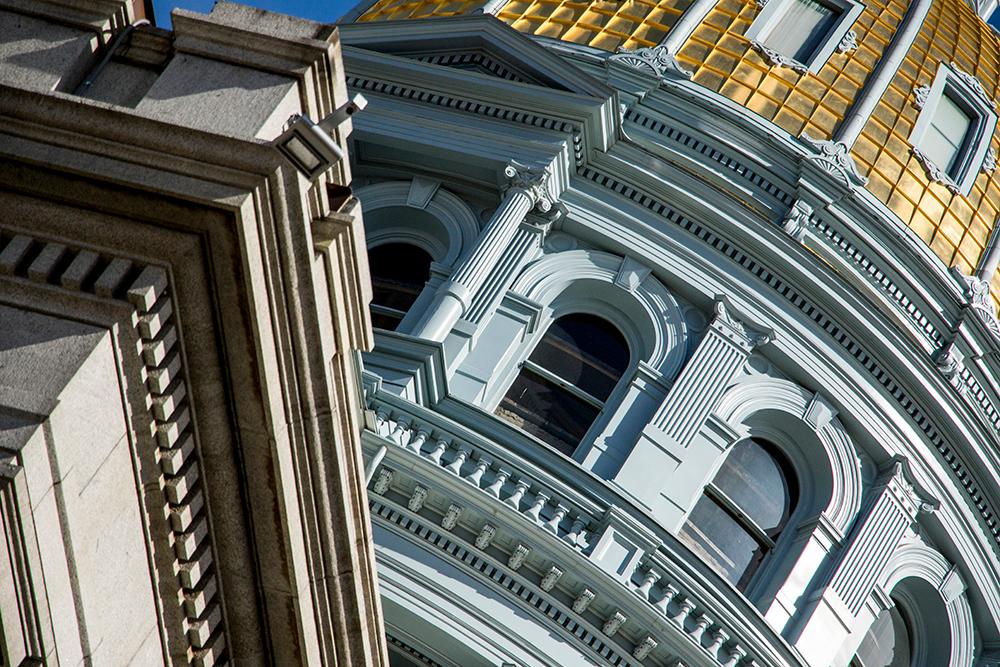
Cities and counties in Colorado will be able to set their local minimum wage higher than the statewide rate thanks to a new law Gov. Jared Polis signed Wednesday.
The statewide minimum wage will rise to $12 an hour in 2020. Supporters of the new law say Colorado’s minimum wage should serve as a floor, not a ceiling.
“When it comes to local wages, who better to know what people are actually struggling with and what the need is for the community than actually those that are on the front lines,” said Eva Henry, a county commissioner in Adams County.
Henry adds her county hasn’t yet discussed whether or not to increase the minimum wage.
The new law does limit the number of local governments that could increase their minimum wages, to no more than 10 percent of Colorado’s local jurisdictions. It also stipulates the wage floor can't increase by more than 15 percent each year and allows local communities to work together to come up with regional minimum wages. Opponents worry about the patchwork of wages and its effect on businesses and overall administrative costs.
No Republicans at the state legislature voted for the bill when it cleared the Democratic-controlled House and Senate.
Gov. Polis has been on a bill signing tear.
Alongside the minimum wage bill, he signed numerous other bills this week including an expansion of the state’s immigrant driver’s license program and another that prohibits inmates from being held at the request of Immigration and Customs Enforcement.
Immigration and Customs Enforcement sometimes asks that inmates suspected of an immigration violation be kept in jail until immigration agents can arrive to take custody of them, even if they’ve served their time or posted bond. Colorado sheriffs have largely refused to honor such requests after courts ruled that keeping someone jailed without a warrant isn't constitutional. However, two sheriffs were sued last year for holding inmates for ICE.
Tuesday’s bill signing included 30 bills.
The Associated Press contributed to this report.

